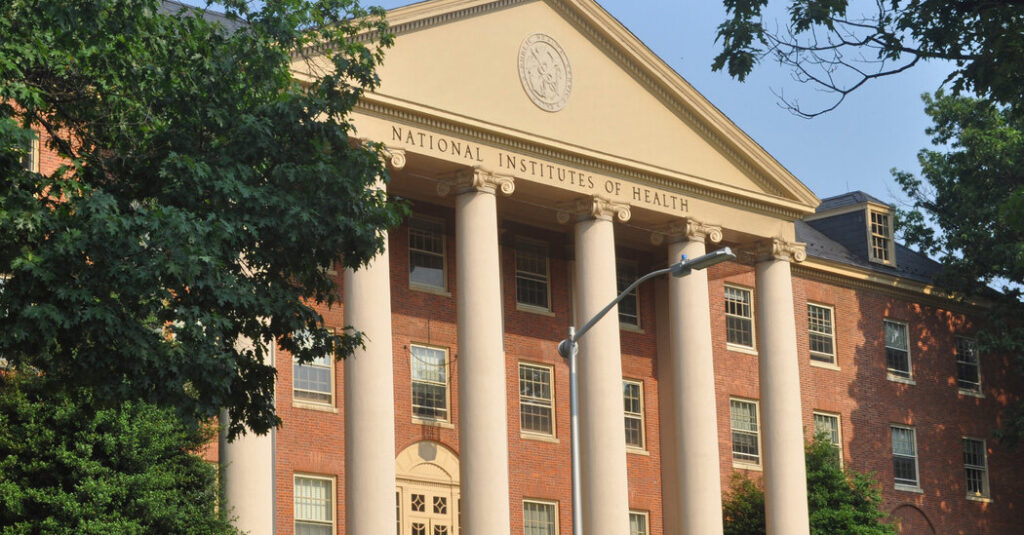A federal judge permanently barred the Trump administration on Friday from limiting funding from the National Institutes of Health that supports research at universities and academic medical centers, restoring billions of dollars in grant money but setting up an almost certain appeal.
The ruling by Judge Angel Kelley, of the Federal District Court in Massachusetts, made an earlier temporary order by her permanent and was one of the first final decisions in the barrage of lawsuits against the Trump administration. But it came about in an unusual way: The government asked the court to enter that very verdict earlier on Friday so it could move ahead with an appeal.
The decision nonetheless was an initial win for a diverse assortment of institutions that conduct medical research. After the Trump administration announced the policy change in February, scores of research hospitals and universities issued dire warnings that the proposal threatened to kneecap American scientific prowess and innovation, estimating that the change could force those institutions to collectively cover a nearly $4 billion shortfall.
Under the Trump administration’s plan, the National Institutes of Health could cap the funding it provides to cover the “indirect costs” of research — for things like maintenance of buildings, utilities and support staff — at 15 percent in the grants it hands out. Historically, when the agency awarded grants, it could allocate close to 50 percent in some cases to cover the indirect costs associated with a given study.
The Trump administration said it had conceived of the policy as a way of freeing up more federal dollars to pay for research directly — covering scientists’ salaries or buying necessary equipment — as opposed to the many tangential costs that hospitals and laboratories incur in maintaining their facilities and other overhead expenses.
But critics described that reasoning as disingenuous, as the changes the administration had proposed would paradoxically force institutions to cover the bill, and most likely shed staff and scale down research projects in the process.
During hearings in February, lawyers described a dizzying array of laboratories under construction and clinical drug trials underway that institutions would be forced to abandon if they had to cover overhead costs on their own, more or less overnight.
Judge Kelley had consistently agreed, ruling repeatedly that the policy appeared unnecessarily reckless and would inflict serious harm on important medical research. After initially barring the Trump administration from implementing the change in February, she extended her order twice while the lawsuit played out.
The government wrote that the case presented “dispositive legal issues” that it would address more fully when the case reached a court of appeals.
The decision also came as the scientific and research community was grappling with even more dire threats to its work from the avalanche of cuts recently to the Department of Health and Human Services. Many of the grant officers at the National Institutes of Health and other divisions appeared to have been swept up in those layoffs.
Earlier on Friday, a coalition of 16 states sued the Trump administration over the withholding of grants that cover the direct costs of medical research, arguing that those, too, had been suspended, leaving research in those states in more explicit jeopardy.


